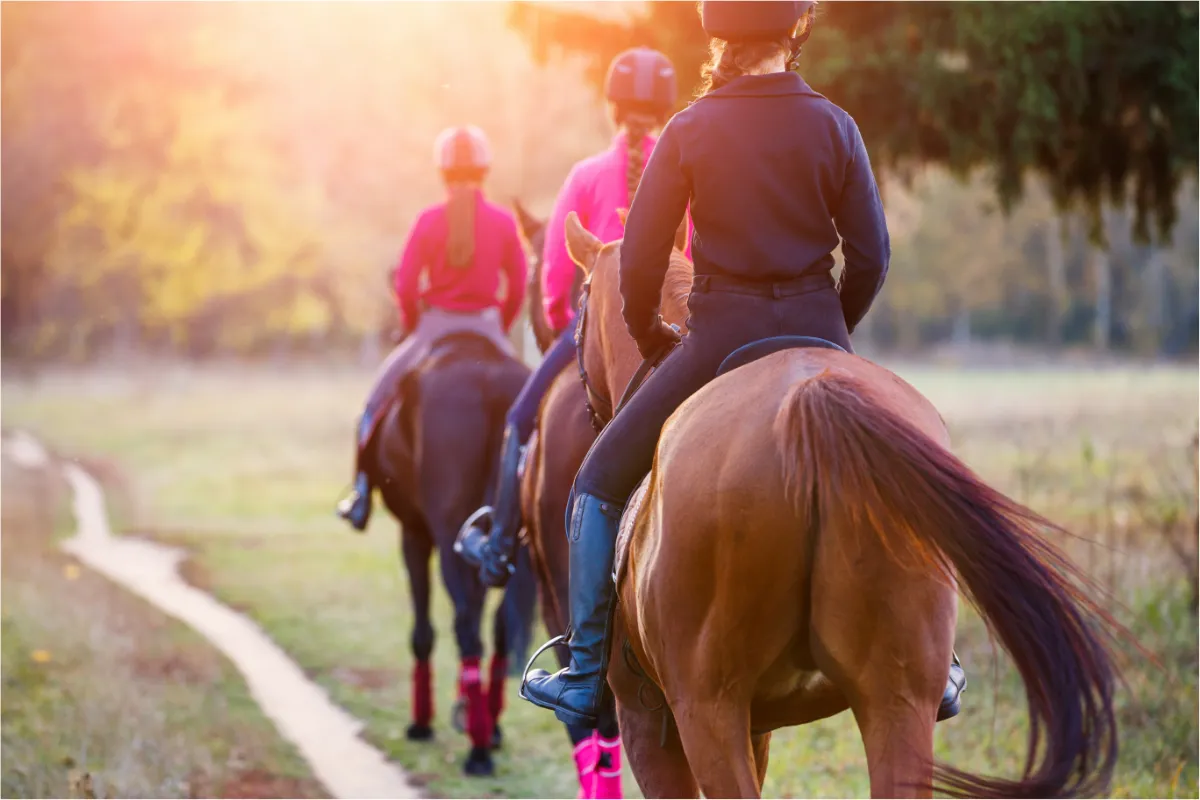
Gold Standard First Aid in Horse Stables
What Insurance, Safety, and the Industry Now Expect
Let’s be honest, most people look at safety after an incident, not before, and by then the damage is done. People get injured, insurance won’t cover it, and reputations take a hit.
It doesn’t have to be that way.
With updated guidance from WorkSafe WA, Racing WA, and the Australian Stock Horse Society (ASHS), we now have a clear roadmap for compliance, risk management, and real-world first aid standards in horse-related workplaces.
1. The Legal & Insurance Reality
Under both WorkSafe WA and Racing WA regulations, risk assessments and documented safety systems are mandatory in all horse stables.
These include:
Risk assessment/Identifying hazards
Consulting with workers on risk/Hazard controls
Keeping incident reports and training records
What insurers won’t tell you until it’s too late, is if you don’t meet these standards, they don’t have to pay out.
Insurance is a growing factor in why horse-riding stables across Australia are closing.
2. ASHS Policy: Event-Level First Aid as the New Normal
The Australian Stock Horse Society (ASHS) sets a high bar for event safety. Even if you don’t run competitions, their guidelines are worth adopting.
Key requirements:
A First Aid Officer must be present at all times.
Depending on event size/risk, additional qualified responders (including paramedics) may be required.
Clear protocols for head injuries and suspected concussion, including 21-day mandatory rest from riding without specific medical clearance.
Emergency communication systems and incident documentation.
Translation: These aren’t just rules for big events, they reflect what’s becoming best practice for all professional stables.
3. Track Riding & Stable Procedures
WorkSafe and Racing WA provide practical direction on how to run your stable safely:
Track riding guidelines: time limits, PPE (helmets, hi-vis, lights), surface checks
Stable maintenance: slip-resistant flooring, good lighting, safe tack storage
Equipment checks: quad bikes, treadmills, walkers must be maintained and risk-assessed
Supervision: particularly during early morning work
4. First Aid Isn’t Optional: It’s Risk Control
First Aid is more than a box on the wall. It’s an active part of your risk management system.
Maintain kits that are checked and stocked regularly
Train all staff in CPR and not just one token person
Keep a record of refresher dates (every 12 months for CPR, 3 years for full first aid)
The policy of “all staff must be First Aid Certified” ensures every event or lesson has a First Aid Officer present
5. What Happens If You Don’t?
The cost to an organization in the event of an uninsured first aid event is immeasurable in dollars and reputation damage.
Insurance may refuse to pay if you’re non-compliant
ASHS may bar your event or membership
WorkSafe can issue improvement or prohibition notices
Most importantly: riders, staff, and horses are at greater risk
✅ What You Can Do Today
As an Equine business you can take a few steps to ensure you are compliant as well as creating a safe environment for those who attend your stables for any reason.
Conduct a risk assessment
Use the WorkSafe WA template or contact Britt for assistance
Appoint a minimum of one First Aid Officer with a higher certification than the basic requirement, choose the HLTAID014 Provide Advanced First Aid
All other staff should hold the minimum HLTAID011 Provide First Aid
Train your team with regular staff meetings to keep everyone as equipped as possible
Book CPR annually & First Aid every 3 years
Review your First Aid station and kit contents
Document everything, use written logs, checklists, and policy binders
🏁 Final Word
This isn’t about ticking boxes. It’s about protecting your business, horses, staff and clients.
If we want to keep offering riding lessons, agistment, and equine experiences in Australia, we need to set the bar higher, before someone else sets it for us.
Want an experienced First Aid trainer who understands horses and the risks?
I deliver certified training on-site and can help get your stable fully compliant including re-stocking your first aid kit to suit your unique environment.
Let’s keep the industry strong, safe and financially viable.
